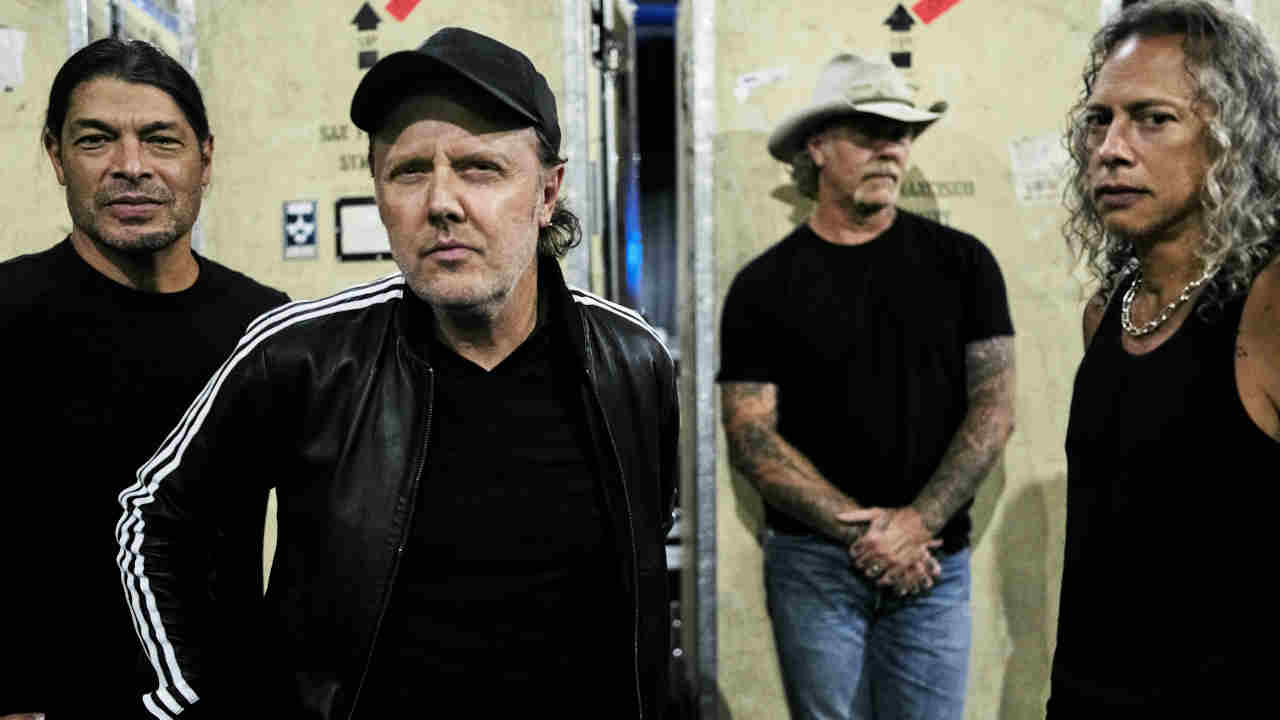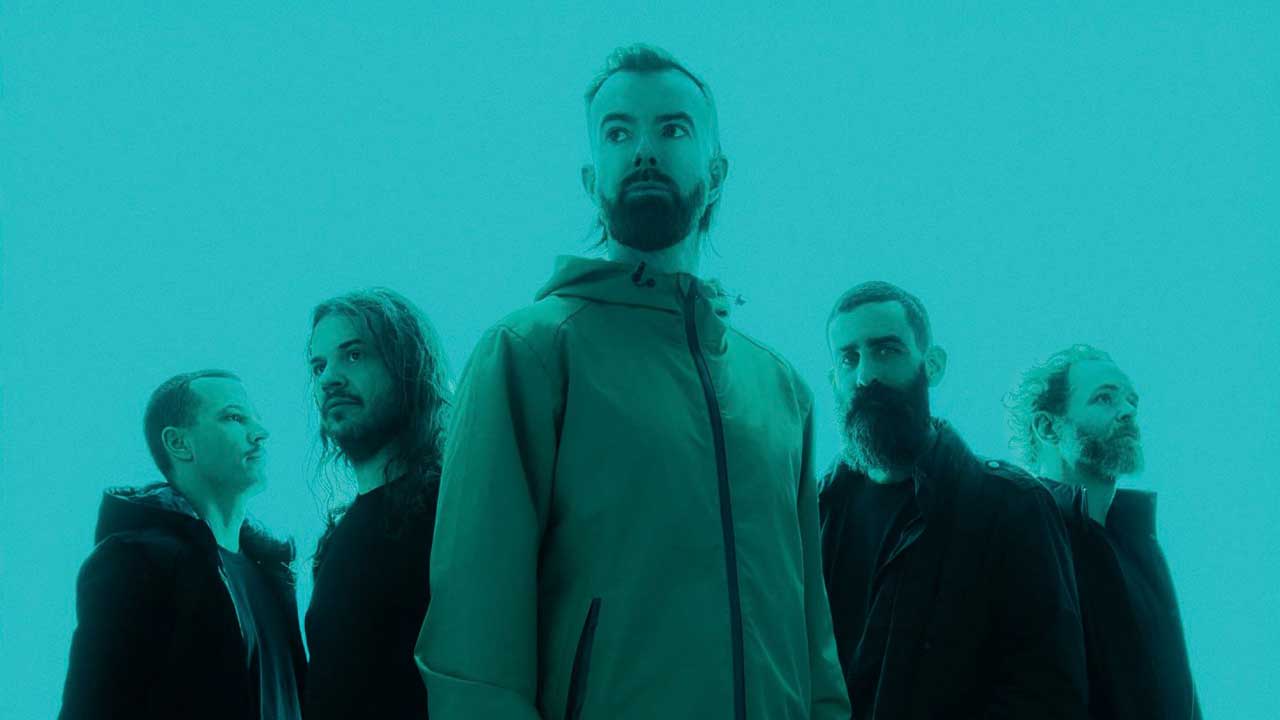Metallica: ‘We model our existence on the Grateful Dead’
Drummer Lars Ulrich cites Californian psych-rock godfathers as an inspiration for Metallica’s DIY business model

Select the newsletters you’d like to receive. Then, add your email to sign up.
You are now subscribed
Your newsletter sign-up was successful
Want to add more newsletters?

Every Friday
Louder
Louder’s weekly newsletter is jam-packed with the team’s personal highlights from the last seven days, including features, breaking news, reviews and tons of juicy exclusives from the world of alternative music.

Every Friday
Classic Rock
The Classic Rock newsletter is an essential read for the discerning rock fan. Every week we bring you the news, reviews and the very best features and interviews from our extensive archive. Written by rock fans for rock fans.

Every Friday
Metal Hammer
For the last four decades Metal Hammer has been the world’s greatest metal magazine. Created by metalheads for metalheads, ‘Hammer takes you behind the scenes, closer to the action, and nearer to the bands that you love the most.

Every Friday
Prog
The Prog newsletter brings you the very best of Prog Magazine and our website, every Friday. We'll deliver you the very latest news from the Prog universe, informative features and archive material from Prog’s impressive vault.
Over the years Metallica have been gracious and humble in acknowledging the debt they owe to artists whose influence continues to inform their own musical output, whether that be Diamond Head, Motorhead, Thin Lizzy or Iron Maiden. But we can’t recall the San Francisco Bay Area quartet ever citing the Grateful Dead as an inspiration, until now.
Interviewed by CNBC’s Kara Swisher for the US TV channel’s Evolve Summit, Metallica drummer Lars Ulrich hailed the Palo Alto, Californian collective for developing structures outside the mainstream music industry which his own band have found instructive in maintaining autonomy and independence.
In response to a query from Swisher as to who now has control over the ways in which artists negotiate their own careers, with the influence of major record companies waning, Ulrich paid tribute to the Grateful Dead for demonstrating that artists need not be constrained within traditional structural models and can assert control over the means of production and distribution for their own music.
“As far as Metallica is concerned, we have our own record label, [and] we pretty much try to control all the different elements in our little bubble, our little eco system,” Ulrich explained. “We’re financially independent… we sort of model our existence on the Grateful Dead…who considered themselves to be living outside of the mainstream… that’s been our dream, to just be independent, autonomous, to be able to create the music and not owe anybody any money. So when you say, Who has the control? we like to think that in our bubble that we do, but obviously we’re also very fortunate in that we can channel the success that we’re so grateful for into financial independence.”
In the same interview, Ulrich suggested that it could be one year, “at the earliest”, before major artists will be able to perform in arenas and stadiums once again.
“As we unfortunately have to come to grips with, the last thing that will happen are big concerts, you know 20,000 people in an arena, 50,000 people in a stadium,” he predicted. Pointing out that he imagines that major sporting events will be returned to the events’ calendar before rock concerts are given the green light, given they are "slightly more orderly" than a general admission rock show tends to be.
“The good news,” he noted, “on the live concert front, [is that] when Metallica and other bands like Metallica play big arena or stadium concerts again, then you can pretty much count on the fact that COVID, as we know it now, is over.”
Sign up below to get the latest from Metal Hammer, plus exclusive special offers, direct to your inbox!

A music writer since 1993, formerly Editor of Kerrang! and Planet Rock magazine (RIP), Paul Brannigan is a Contributing Editor to Louder. Having previously written books on Lemmy, Dave Grohl (the Sunday Times best-seller This Is A Call) and Metallica (Birth School Metallica Death, co-authored with Ian Winwood), his Eddie Van Halen biography (Eruption in the UK, Unchained in the US) emerged in 2021. He has written for Rolling Stone, Mojo and Q, hung out with Fugazi at Dischord House, flown on Ozzy Osbourne's private jet, played Angus Young's Gibson SG, and interviewed everyone from Aerosmith and Beastie Boys to Young Gods and ZZ Top. Born in the North of Ireland, Brannigan lives in North London and supports The Arsenal.
